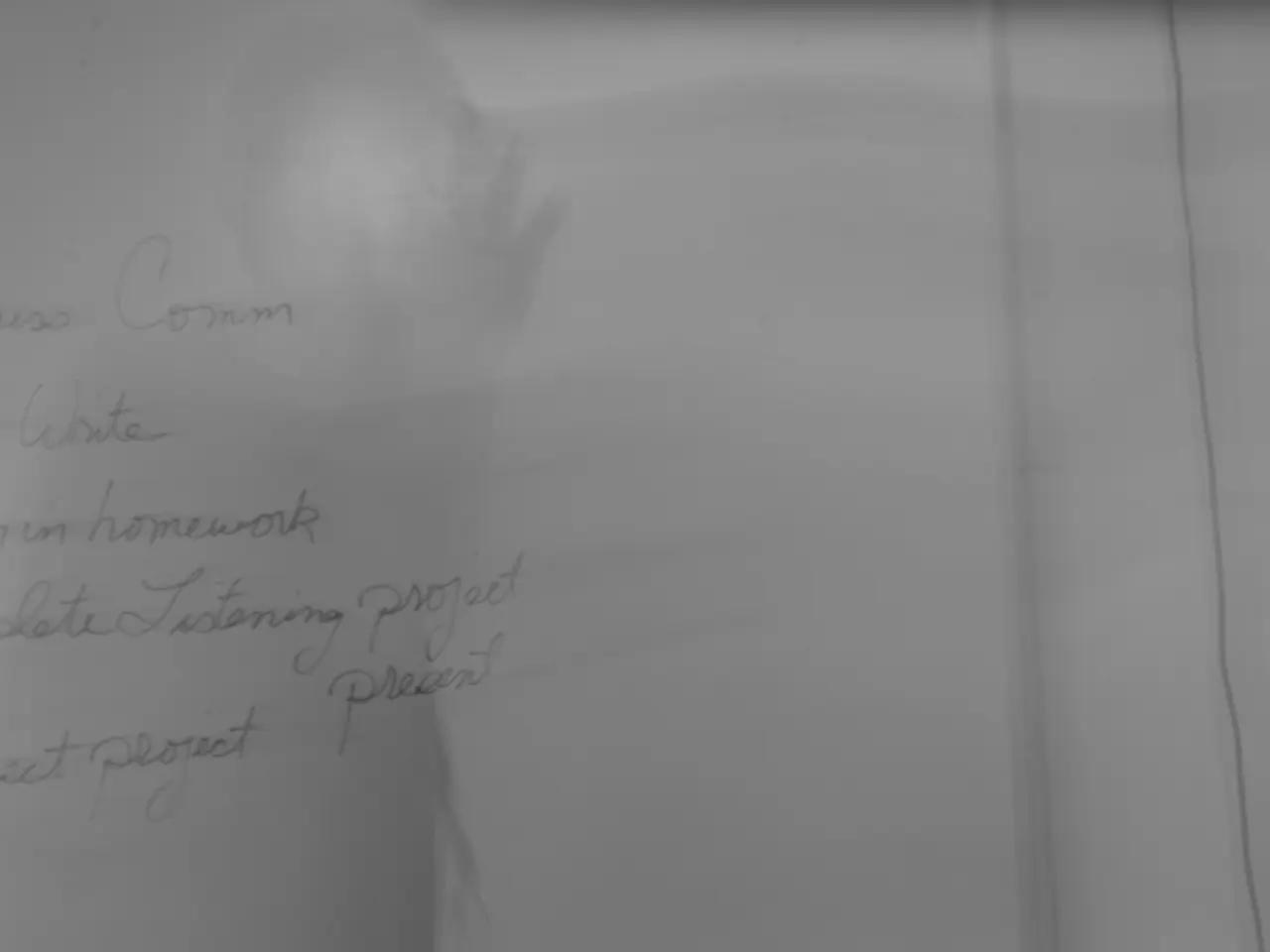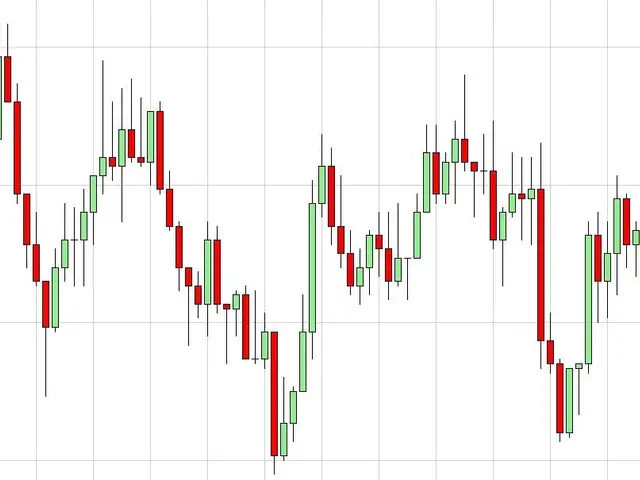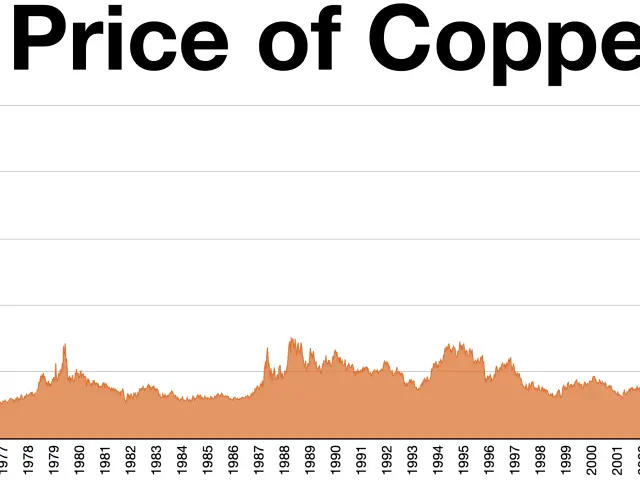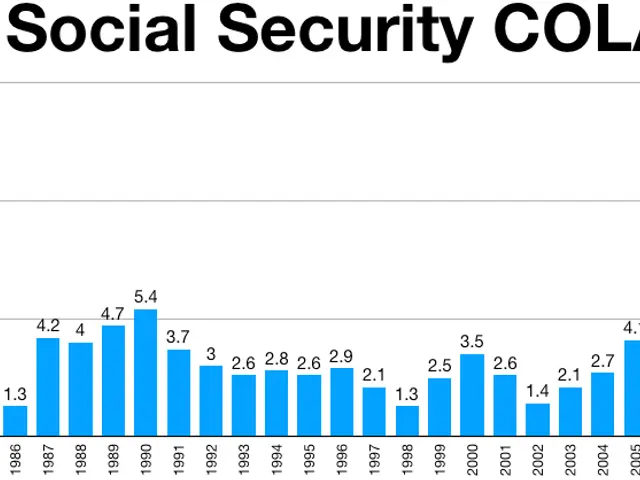Financial Knowledge: Top Ten Money Patterns That Lock You in Poverty
Financial struggles can often seem like an unavoidable part of life, but a closer look at everyday habits reveals that many of these difficulties can be traced back to common financial missteps. Based on fundamental economic principles and expert analysis, here are the top 10 habits that contribute to ongoing financial struggles:
- Subscription Stacking
Paying for multiple recurring subscriptions, even if seldom used, can accumulate invisible expenses, steadily draining cash flow and reducing saving potential.
- Neglecting Emergency Savings
Failing to build a financial buffer forces reliance on credit or savings depletion during unexpected expenses, increasing financial vulnerability.
- Emotional and Impulsive Spending
Buying out of boredom, stress, or peer pressure leads to unnecessary expenses that undermine budgets and increase debt risk.
- Living Beyond One's Means
Spending more than income on rent, dining out, gadgets, vacations causes chronic deficits, leading to accumulating debt and little or no savings.
- Failing to Budget or Plan Financially
Lack of budgeting obscures financial reality, causing overspending and missed opportunities to allocate money efficiently.
- Mismanagement of Credit
Using credit cards irresponsibly, making late payments, or not understanding terms results in high interest and fees, exacerbating debt cycles.
- Ignoring Debt Cost and Terms
Not comprehending how interest rates and loan structures affect repayment leads to longer, costlier debt burdens.
- Allowing Lifestyle Creep
Increasing spending after income rises without saving more erodes gains from higher earnings and stalls wealth building.
- Mixing Savings and Spending Accounts
Keeping checking and savings accounts intertwined makes it too easy to dip into emergency savings for non-essential expenses.
- Failing to Prioritize Savings
Spending first and attempting to save leftovers leads to insufficient capital accumulation in the long term.
These habits persist because they often feel "normal" or harmless but compound over time, creating persistent cash flow problems and debt accumulation inconsistent with fundamental economic principles like budget constraints, opportunity cost, time value of money, and prudence in risk management. Breaking these habits requires financial literacy, including budgeting, understanding credit, evaluating true costs, and disciplined saving.
Investing time in building financial knowledge represents one of the highest-return activities available to most people. On the other hand, conspicuous consumption, spending to signal social status rather than for utility, represents a significant wealth drain. Many status symbols rapidly depreciate. The sunk cost fallacy leads to poor financial decisions, encouraging continued investment in something based on past investments rather than its prospects.
Without emergency savings, minor setbacks can cascade into financial disasters as people turn to high-interest debt, miss payments, incur fees, or prematurely withdraw from retirement accounts with tax penalties. Most economists recommend maintaining 3-6 months' essential expenses in liquid savings to prevent financial failures from snowballing.
In the pursuit of effective wealth management, it's crucial to avoid unnecessary expenses from subscription stacking, as these invisible costs can impact cash flow and savings potential. Additionally, neglecting to prioritize savings and build emergency savings can leave individuals vulnerable to unexpected expenses, potentially leading to reliance on high-interest debt.






